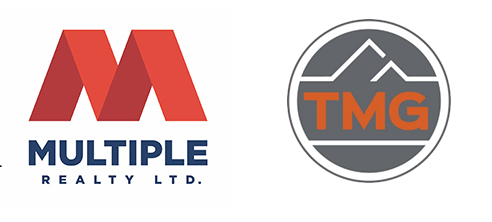Please...

Capital Gains Metro Vancouver Real Estate
For many Vancouver Investment property owners, Capital Gains tax will come as a surprise when it’s time to sell your asset, many investments (rental property owners) simply don’t know how capital gains tax works. Some homeowners bought their first home as a primary residence and then decided to buy another bigger home and maybe keep their first home as an investment.
Let me give you a brief explanation of how Capital Gains will affect your life at some point or another.
Canada doesn't currently have any direct death or inheritance taxes. But when a person passes away, his or her estate must pay income tax outstanding as well as capital gains tax.
Capital gains tax is the tax paid on the increase in the value of certain assets known as capital property. The type of capital property dealt with by executors most often is real estate, though other assets such as the shares of a privately-owned corporation are also capital property.
Capital gains tax works like this. On the day you first acquire an asset, it has a value (called the adjusted cost base). If we are dealing with real estate, the value is normally the price you paid for the property. Over the time that you own that property, it gains in value. The longer you own it, the more likely that the value will increase. On the day you get rid of the asset - by selling it or transferring it under your Will when you die - it, therefore, has a greater value than it did when you got it. The difference between the value on the day you got it and the value on the day you dispose of it is known as the capital gain. You have to pay tax on one-half of that increase in value.
As an example, let's say Tom buys a house for $150,000. He owns it for many years and when he dies, his executor is going to sell the house. Now it's worth $550,000. The capital gain on the property is $400,000. Tom ’s estate has to pay tax on half, or $200,000. This doesn't mean that there is $200,000 in tax owing ( I get this question all the time). It means that $200,000 is added to income for that year on the tax return, and the executor will use as many tax deductions, exemptions etc as he or she can reduce how much tax must be paid.
If the property was worthless at the date of his death than it was when Tom acquired it, he would instead have a capital loss that she could apply to her return.
This is triggered by Toms's death because in law you are deemed to have sold everything you own one minute before you died. This means that even if your executor is not selling the house but is transferring it to a beneficiary, you are still deemed in law to have sold it at fair market value.
There are some exemptions to the rule about capital gains. The one that is important to most executors or primary homeowners is that a person does not have to pay capital gains tax when he or she disposes of his or her principal residence. So if the house Tom owned was his principal residence, the $200,000 would not have to be added to her income.
On the other hand, if the house Tom owned was a summer cottage or a rental property, the tax would be owing.
Your principal residence doesn't necessarily have to be the house you live in most of the time. If you happen to own another house that is worth more, you could designate that more expensive one as your principal residence (don't do this without talking it over with your accountant first!).
A married couple only gets one principal residence between them.
Before taking any steps to avoid capital gains tax by setting up trusts or joint ownership or other ideas, you absolutely must speak with an accountant or estate planning specialist about your specific situation. Often people set up schemes to avoid one thing but they haven't looked at the whole tax picture, such as potential tax hits when a property is transferred from an individual to a trust or to joint owners. There may also be other tax solutions available.
Capital Gains Tax Vancouver Investment Properties
Learn more about Vancouver Mortgage Broker Real Estate Advisor Adan Sprauer





